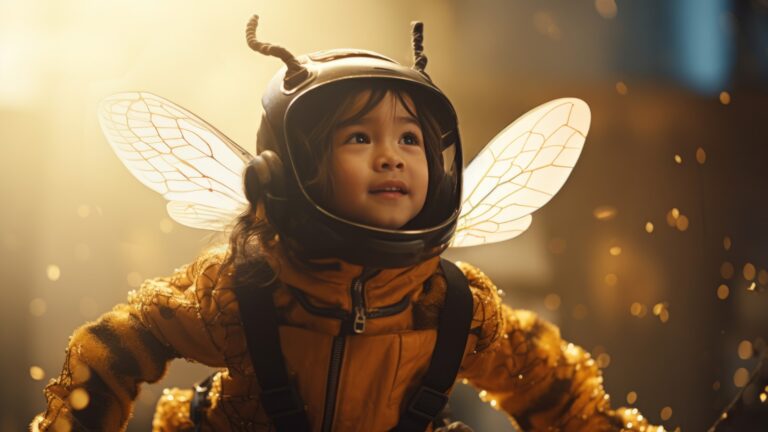Umwelt theory suggests each organism experiences a unique, subjective universe based on its abilities to perceive and interact with its environment. This concept, influencing fields like ecology and cognitive science, asserts that organisms actively shape their perceptual worlds, with implications for understanding evolution.
Definition and Origin
- Definition: The term Umwelt is derived from the German words Um- (“around”) and Welt (“world”), coined by the Baltic German biologist Jakob von Uexküll in the early 20th century.
- Origin: It refers to the subjective environment within which an organism experiences and interprets stimuli. This concept is foundational in biosemiotics and theoretical biology.
Core Components
Merkwelt and Wirkwelt: The theory includes two main components: the ‘Merkwelt’ (perception-world) concerning what an organism can perceive, and the ‘Wirkwelt’ (effect-world) concerning what it can alter or manipulate.
Conceptual Framework
- Subjective Perception: Each organism has its own unique Umwelt, a perceptual world shaped by its sensory and neural capacities. This means that different species living in the same physical environment can inhabit dramatically different perceptual worlds.
- Biological Relativity: Von Uexküll introduced the idea that an organism’s biology determines which objects and elements of the surroundings it can perceive and interact with. This forms the basis of what he termed the functional circle—the feedback loop between the organism and its environment.
- Semiotic Interpretation: The concept of Umwelt is closely tied to semiotics, the study of signs and symbols. In this context, the Umwelt consists of the signs and signals that an organism can interpret and respond to, as determined by its sensory apparatus.
Interdisciplinary Influence
- Ethology and Ecology: Influential in studying animal behavior and ecology, Umwelt theory emphasizes the active role of the organism in shaping its environment.
- Phenomenological Aspects: Umwelt is akin to phenomenology, focusing on the unique, subjective experiences of individual beings in their lifeworld, or Lebenswelt.
- Philosophy and Cognitive Science: The concept has enhanced understanding in the philosophy of mind, cognitive science, and anthropology, shaping perspectives on the mind as embodied and situated.
- Semiotic World: In biosemiotics, Umwelt refers to the network of signs and meanings an organism uses to navigate its environment, underscoring the semiotic interpretation of life.
- Artificial Intelligence and Design: Modern interpretations relate to cognitive science and AI, exploring differing perceptions and experiences of reality among beings, including artificial entities. This extends to user-centric design in technology, where understanding varied human Umwelten leads to more intuitive and accessible interfaces.
Expansion of Umwelt through Science and Technology
- Fundamental Physics: Theories of relativity demonstrate that time is not absolute but varies with velocity and gravitational fields. This introduces concepts like time dilation and spacetime warping, which influence technologies like GPS and our understanding of the universe.
- Biotechnology and Medicine: Developments in biotechnology and medical devices enhance sensory capabilities and treat physical limitations. Innovations like cochlear implants and retinal implants fundamentally expand the Umwelt of individuals with sensory impairments.
- Enhancing Perception: Advances in technology like electron microscopes, telescopes, and sensors reveal phenomena beyond our natural sensory capabilities, including subatomic particles and electromagnetic waves outside the visible spectrum. These tools expand our Umwelt to encompass everything from the quantum scale to cosmic phenomena.





